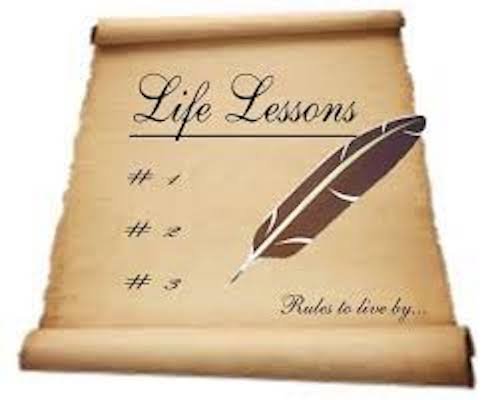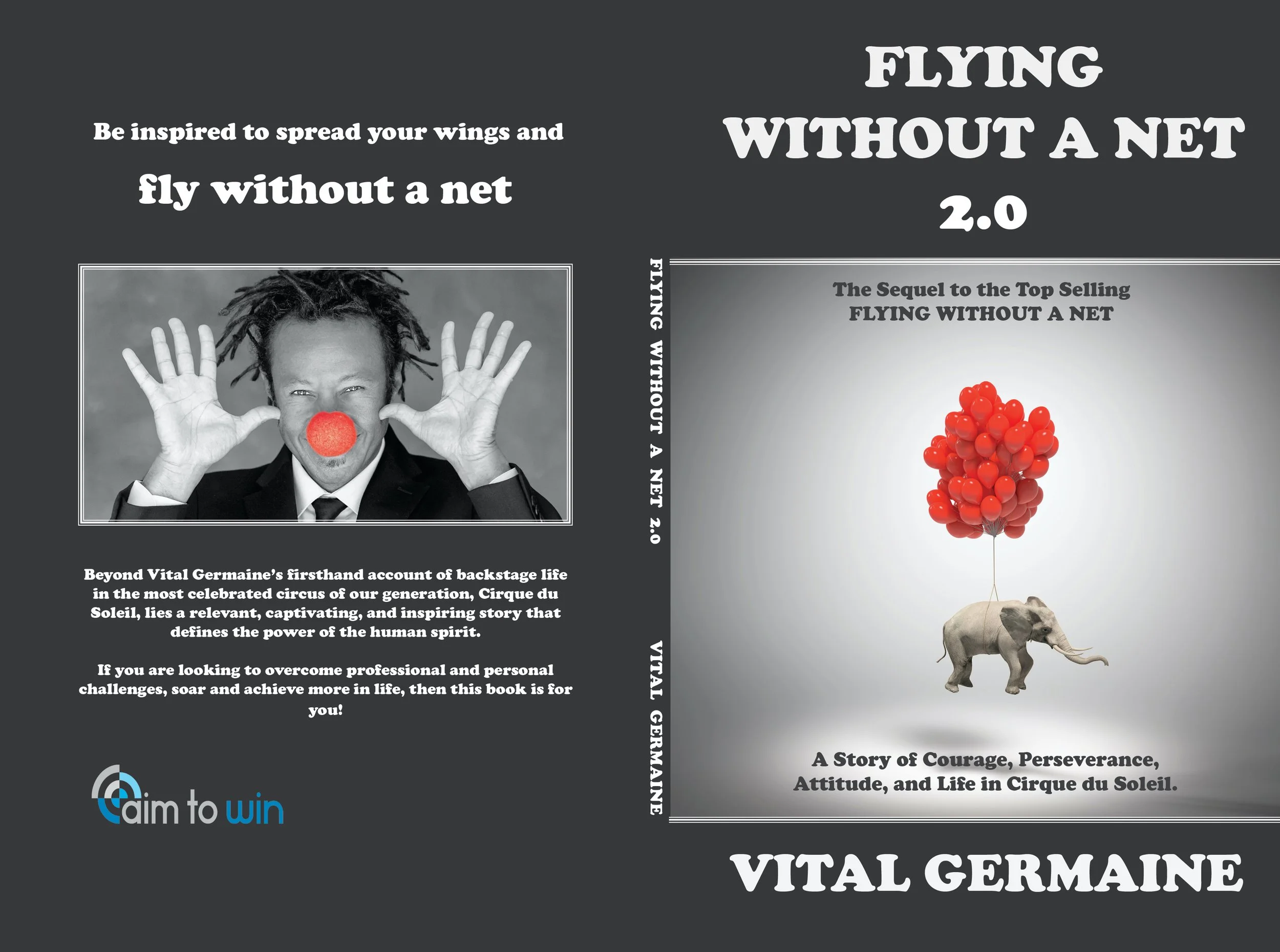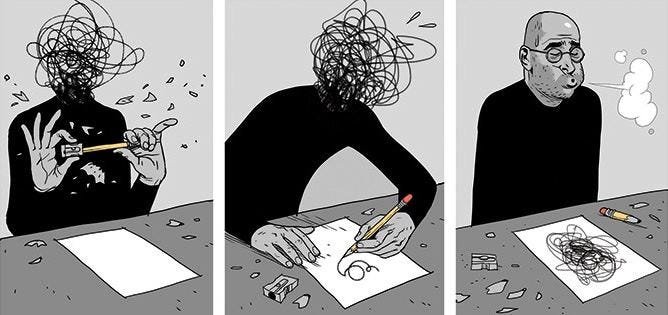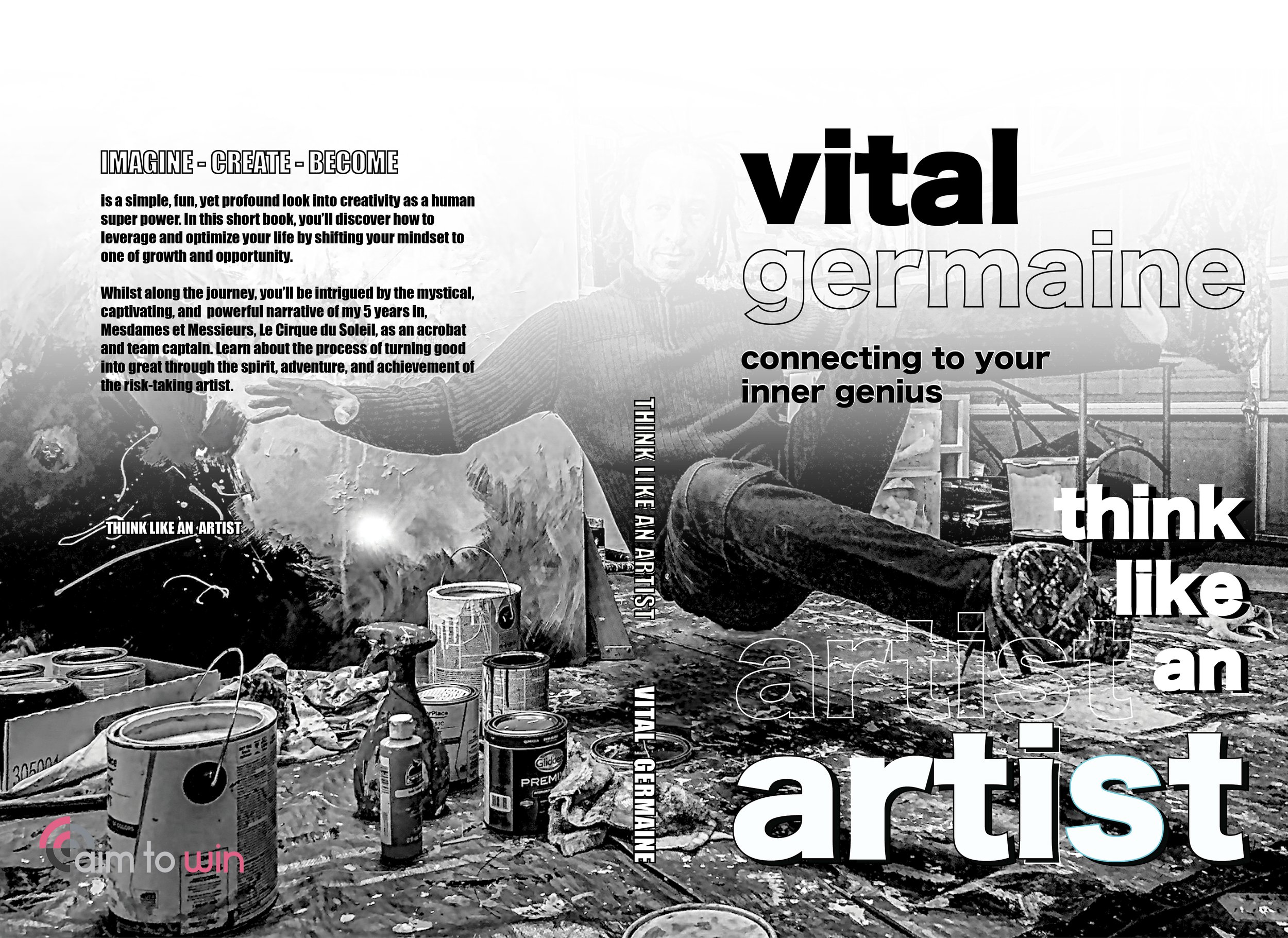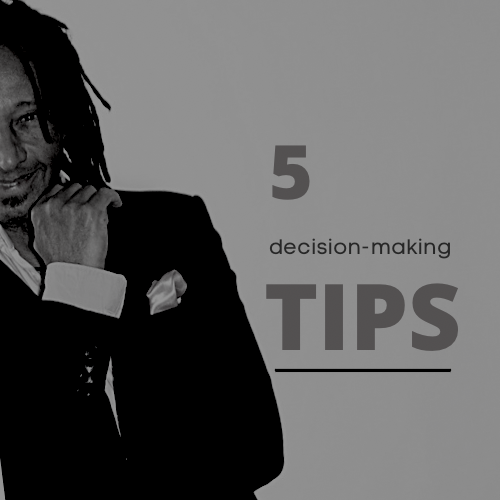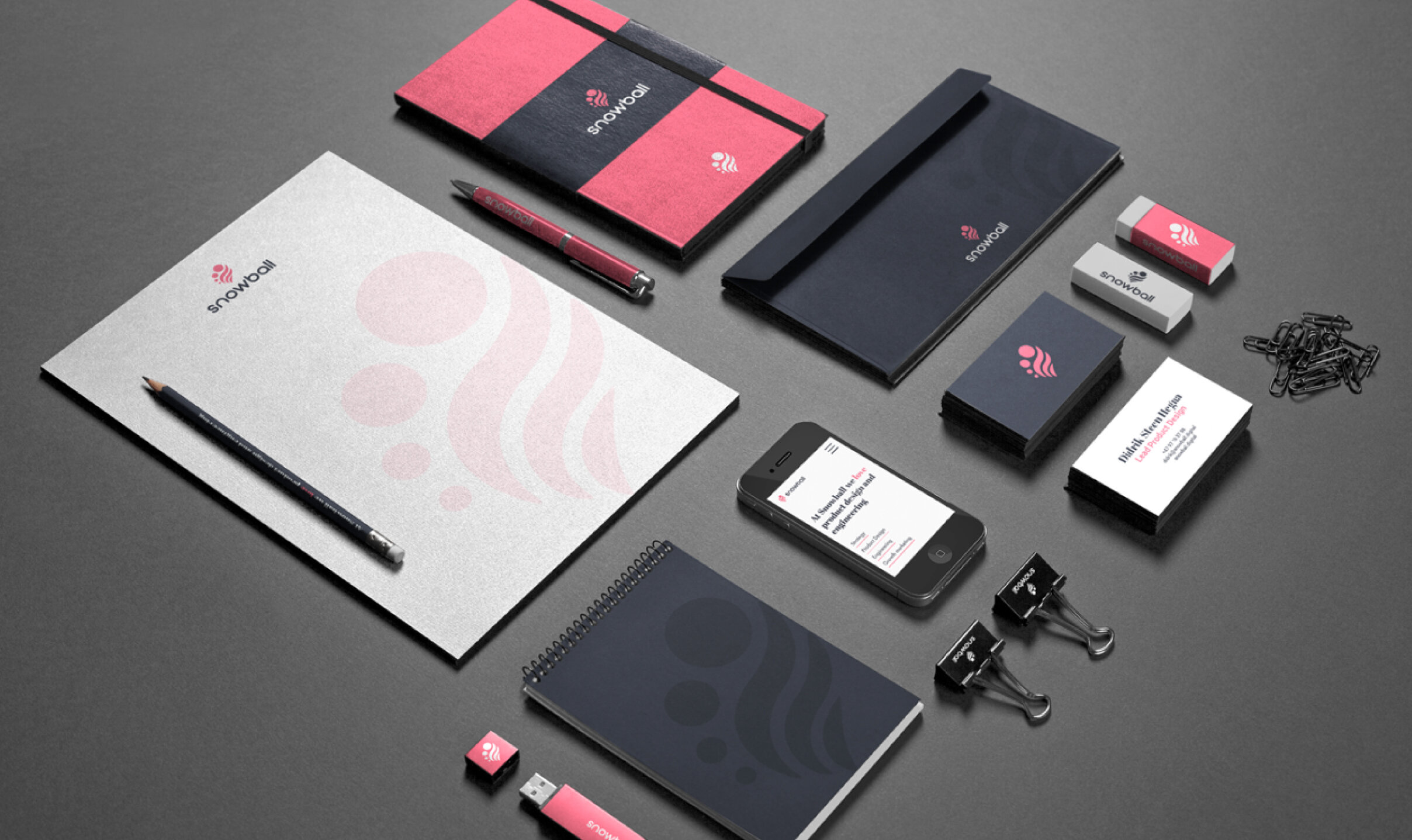Is it intuition… how can you know?
/If you’re an intuitive, know that you live in a different time, space continuum than logical thinkers… neither better nor worse… just different. Though I personally believe intuition is a gift, it is a silent, calm gift that whispers. Some receive it automatically. Some have to work on developing it by learning how to listen more deeply to the silence. And it appears that some will forever be numb to its offerings, partially due to disbelief.
Invest time and effort into listening to your mind and soul. Intuition can be confused with the ego in “fear mode”. This voice is one of anxiety and stress, based on fear or insecurity. The true voice of intuition is not fear based. It speaks from a clam place of simply knowing without knowing how you know.
Those who know, but don’t listen, usually end up saying (after the fact)… “I knew it!” - They now regret having not listened. Sound familiar?
The seemingly lucky people in life connect with, and trust their intuition. Most will embrace intuition in conjunction with the element of planning and analyses. Intuition is not a blind act built purely on belief, it is your truest sense of knowledge. Intuition and instinct are not synonymous. Instinct is immediate and purely driven by the reptilian brain. Intuition includes your moral compass (values), gut, experience and the subconscious mind combining with your heart to tell you what is best or what is a negative vibe or energy.
Your gut and heart simply know. Don’t underestimate the power of your heart. Modern research is showing that the heart sends more signals to the brain than the other way around. Design a more promising future by connecting to your intuition. Leverage its power. Be aware you have access to it.
The HeartMath Institute executed nineteen years of extensive research on the relationship between the psychophysiology of stress, emotions, and the interactions between the heart and brain. They concluded that the heart sends more signals to the brain than the brain sends to the heart.
If intuition is your compass, stay calm and carry on. The greats just seem to have a knack of knowing when and how to risk and expand their horizons with brave decisions.
“The only real valuable thing is intuition.” - Albert Einstein
You may find logical thinkers unable to understand your convictions based on your gut screaming to do what simply FEELS right. How can you be so sure based on a feeling? Lieutenant Colombo always had a hunch (as do most detectives). It’s a feeling that is deeper than thought or intellect. It stems from the heart… OR..
On a spiritual or holistic level, there is a direct correlation between intuition and the pineal gland or third eye (chakra). It is a form of awakening that connects us to the source. Meditation is a practice that will help you connect and develop your intuition. As we age and due to nutrition, environment and social programming, our pineal gland calcifies. Without nurture: exercise and stretching it can die, so to speak.
Ultimately, true intuition doesn’t need reasoning, evidence of validation. If you are caught between intuition and ego driving decisions, the ego will base decisions on Information. Not intuition, because It just is. Don’t trust it, obey. it is a channel connecting us to an all-knowing form of consciousness that gifts us with insight. It negates time and dimension because universal wisdom isn’t confined to these human-made constructs. Embrace time as non-linear and you will see that intuition is both the past, present and future converging in your gut, heart or third eye (pineal gland).
Vital Germaine
I talk a lot about intuition and the power of the heart in my book, THINK LIKE AN ARTIST.







